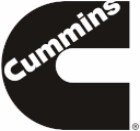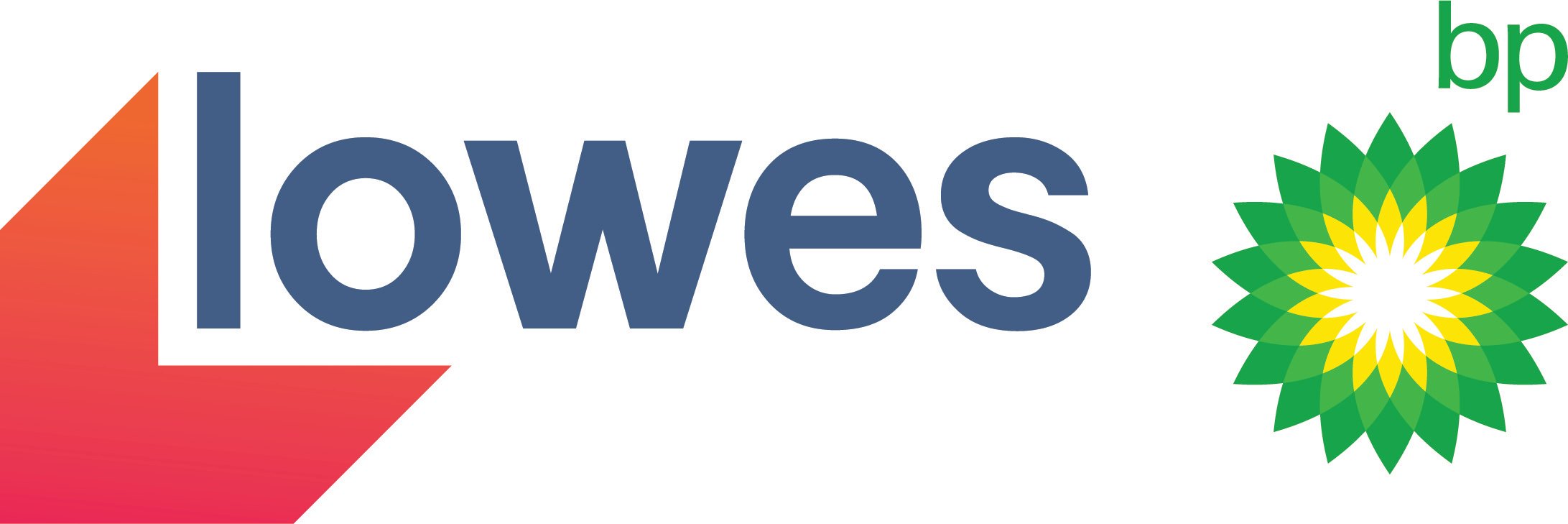Lowes: Partner of the Week ALRTA Executive Director Update Welcome to my last weekly update of...
ALRTA Weekly Update: Nov 14
Hit the road with Trailer Mag today
Executive Director Update
“Lifting Productivity Through Skills”
This week I joined Industry Skills Australia (ISA) and senior transport, training and government leaders including Victorian Training Minister Gayle Tierney, for a roundtable discussion on one of the defining issues for our sector: how to lift productivity
through skills. It was an honest and eye-opening exchange about where Australia’s freight capability now stands, and what it will take to keep it sustainable.
Skills crisis across logistics
If we think road transport has a skills problem, we only need to look across the wider logistics chain. The shortage of qualified people now extends from trucking to warehousing, ports, rail and aviation. Australia’s commercial shipping fleet, for example,
is down to almost nothing, of what was once a thriving industry - a striking symbol of the decline in sovereign capability across logistics.
Key Outcomes from the ISA Roundtable
1. Recognising Vocational Skills in Transport
A major focus was the recognition of vocational training — Good old fashioned hands-on, job-ready education that teaches people to safely and professionally perform the work, not just learn the theory.
For the livestock and rural transport sector, this means having an industry-specific skill set formally established and recognised within the national training system. At present, much of the training and skill development in our industry happens informally — learned on the job, passed down through experience, and refined by operators who are among the most capable in the country.
That’s why ALRTA is now looking at ways to support operators to train their own staff, using the vast industry knowledge and technical skill they already possess. These operators are, in many respects, the most qualified trainers we have — they understand the conditions, the equipment, the welfare standards, and the daily realities of rural freight better than anyone.
Our goal is to create structured recognition for this experience — so that when an operator invests time in developing their team, that training can count towards formal qualifications and recognised skill pathways.
In collaboration with Industry Skills Australia (ISA), ALRTA is working on the Livestock Transport Training project to acknowledge our members as skilled professionals, able to access accredited training, build internal capability, and establish structured career progression within their businesses.
2. Productivity, net zero and smarter pathways
Government representatives naturally raised Net Zero, but industry leaders strongly argued that productivity drives both safety and emissions outcomes. Higher-productivity vehicles and advanced combinations bring efficiency — but also complexity. The
meeting agreed that we need a smarter, competency-based licensing pathway for new entrants. Without this, the productivity gains achieved through vehicle and technology investment could quickly hit a human-skills ceiling.
3. Workforce culture and inclusion
Respect, diversity and inclusion were common threads throughout the roundtable. Participants noted that challenges associated with worker integration are as much social challenges as they are operational — reflecting broader community issues that flow into the workplace.
But the discussion also went deeper into what attracts and retains the next generation of workers. Younger Australians are looking for more than just a job — they are drawn to industries that offer progression, purpose and balance. They value mental health, fairness, modern workplace culture and opportunities to advance.
This poses both a challenge and an opportunity for our sector. If we can show that rural and livestock transport offers structured career pathways, real skills recognition and a culture of respect, then we can compete for talent against other industries. Building that kind of workplace culture starts from within — by valuing our people, supporting training and mentoring, and ensuring every staff member feels respected and proud to be part of an essential national industry. As country folk we definitely show that, we just need to promote that.
“To attract the next generation, we must offer more than a job - we must offer a pathway and a sense of purpose.”
4. Training culture in small business
Of the 1,000s of transport businesses in Australia, around 97% employ fewer than 20 people. That means most operators are small businesses — and training delivery at scale is difficult.
Historically, every small trade business had an apprentice. Training was built into the culture and cost of doing business. A local plumber, builder or mechanic knew that taking on an apprentice wasn’t just community-minded - it was how you sustained the trade for the future.
The same principle applies to transport today. We need to factor training into our business models - not as a one-off cost, but as an ongoing investment in capability, safety and workforce renewal. Without that, we risk short-term thinking that saves on
costs but undermines long-term sustainability.
Training should be treated as seriously as maintenance, insurance or compliance — a recurring, planned expense that ensures both the individual and the business continue to perform at their best. By budgeting for training and embedding it into the rhythm of business operations, we can build a more stable, skilled and resilient industry for the future.
“Training must be budgeted like maintenance — it’s what keeps the wheels turning.”
5. Sovereign capability and workforce sustainability
Perhaps the most sobering discussion centred on sovereign workforce capability — our national ability to sustain and renew the skilled people who keep goods moving across Australia.
The skills shortage is critical, but the ageing workforce is an even greater threat. Our freight system depends heavily on experienced operators approaching retirement, while too few new entrants are coming through to replace them.
And it’s not just a road transport issue. Every logistics mode - road, rail, air and sea - is now competing for the same limited pool of qualified staff. Drivers, operators, schedulers, mechanics and logistics managers are all being drawn from one shrinking national workforce. This competition between sectors is stretching capability thin and creating a genuine sovereign vulnerability — where the country’s ability to move freight, feed markets, and sustain export supply chains depends on a workforce that is ageing faster than it’s being renewed.
The roundtable highlighted a crucial truth: while Australia continues to make significant technological productivity gains — from smarter telematics and larger, safer vehicle combinations — those advances must be matched by pathway advancement in human capability.
Without a strong and continuous pipeline of skilled people, the sustainability of the freight task itself comes into question. Productivity and sovereignty are now two sides of the same coin: one cannot exist without the other.
“If we lose our people, we lose our capacity — and that’s a sovereign risk for Australia.”
Why this matters to ALRTA members
These issues affect every livestock and rural transporter: workforce shortages and skill gaps affect productivity and compliance; lack of recognised qualifications limits access to training funding and career pathways; and small-business constraints make training harder to deliver without industry-level support. ALRTA’s collaboration with ISA is about ensuring that the people who keep the rural freight task moving are recognised, supported and equipped.
Next steps
• Continue development of the Livestock & Rural Transport Skill Set with ISA.
• Encourage members to budget for training as a strategic investment.
• Explore Train-the-Trainer accreditation so experienced operators can pass on skills.
• Advocate for licensing reform that ties productivity, safety and capability together.
Final thought
Our workforce is part of the national infrastructure - every bit as critical as roads, bridges or ports. If we invest in the people, we build sovereign capability from the ground up.
Skills aren’t just about individual opportunity - they’re the foundation of productivity, safety and Australia’s long-term supply-chain security.
I encourage you all to please give it the consideration it deserves.
Until next week, stay safe.
Anthony
Together, we are stronger.
.jpeg?width=1773&height=2087&name=BPP_Rlbg%20(1).jpeg)
%20(002)%20(1)%20(1).jpg?width=7000&height=1766&name=LMB%20+%20BYRNE%20(1)%20(002)%20(1)%20(1).jpg)


.jpg?width=2480&height=1526&name=NTI_Logo_RGB%20(3).jpg)
%20(1).jpg?width=8000&height=2092&name=PACCAR_Dealers_Logo_Colour%203MB%20(1)%20(1).jpg)
%20(1).png?width=2000&height=583&name=RepcoCommercial%5BPOS%5D%20(2)%20(1).png)

%20(1).jpg?width=2000&height=493&name=TM%20Logo%202000px%20(1)%20(1).jpg)
-1.png?width=3720&height=3784&name=ALRTA_LOGO_%20CMYK-PNG%20(1)-1.png)


%20Scholz.jpg?height=200&name=B)%20Scholz.jpg)
.png?height=200&name=KW_Legacy_1200x628px%20(1).png)